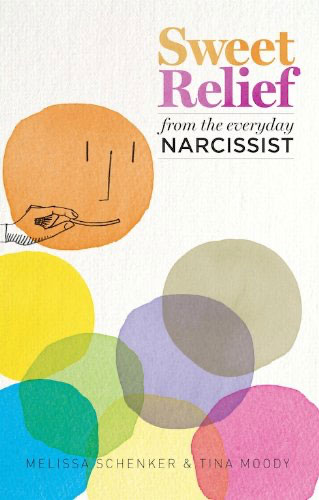Are you Selfish?
“That sounds so selfish.” That comment is voiced regularly in my office and I’m delighted when I hear it. It shows me that there’s some awareness of a feeling that’s uncomfortable enough to examine. Usually, the “that sounds so selfish” question comes from the belief that the wishes of others should come first. That’s the belief—the thinking—that needs to be corrected in order to address the feeling.
The statement, “that sounds so selfish,” confirms two things for me:
- the idea that we are obligated to take care of others first is pervasive in our culture; and
- the understanding of the economy of care is completely backwards.
When the notion of what self-care really is sinks in, and when the confounding expectation that we are somehow responsible for making those around us happy, the stage is set for a radical transformation. The conversation shifts dramatically from what is selfish or what is selfless to what it means to be responsible for our own self-care in relationship to others.
Consider what the world would be like if everyone took 100% responsibility for responding to and resourcing their own needs and wants. (I know I’m gonna get some flack about that statement – read on.)
When I wrote Sweet Relief from the Everyday Narcissist, the primary message I wanted to communicate was (and still is) that despite how acute our sensitivity and our intuition are, we are not mind-readers. We are fundamentally unable to satisfy other people’s needs and wants when they themselves are not aware of what those needs and wants are. Even when someone else’s desires may seem obvious, trying to supply those desires to their satisfaction is a slippery slope indeed.
Even if you do everything they’ve asked for, there is no assurance they will find what you’ve done satisfying. Trying to be a mind-reader is frustrating for both you and the one whose mind you’re trying to read.
In the end, you can best be there for others by being there for yourself. Figuring out what you need and want, being responsible for attaining your own desires, responding to your own needs, and tending to your own self-care is far from selfish. Rather, it provides an economy of value: we offer care and attention to ourselves in order that we may be more who we truly are—and thus have more to give others.
In the end we have a choice. We can recognize what we need through developing our awareness of ourselves and finding resources to meet our needs and wants—or we can expect other people to read our minds and then blame them for not figuring out what we want and supplying us instead with what it is they think we want.
Are you ready to give up mind-reading and focus on what you want?


